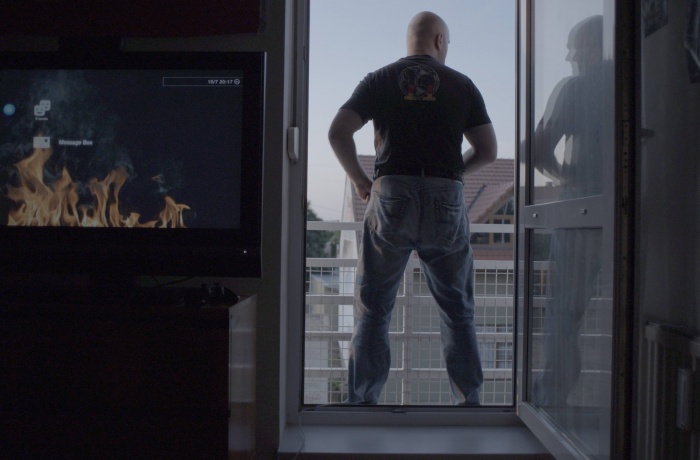
NEO-INEQUALITY is one of the six special programs of Docudays UA. At the festival, it will allow us to look at the everyday life of intolerance and its agents without unjustified generalizations. The program is discussed here by its moderator and human rights advocate Maksym Butkevych.
About ten years ago I was telling my friends about another murder motivated by racial hatred in Kyiv. Their first question was about the attackers: Who are these people? How did they come to this? What can make someone raise their hand (or foot, or weapon) against another person just because they have a different skin color, eye shape, origin?
This year’s NEO-INEQUALITY program will allow us, without unjustified generalizations, to look at the everyday life of intolerance and its agents. I can hardly imagine a better way of entering another person’s everyday life than attentive, thoughtful documentary cinema without bias or preconceived conclusions.
The protagonist of the film The White World According to Daliborek is a middle-aged Czech neo-Nazi who wears threatening clothes, records racist videos and absorbs stories about pogroms against ‘non-Aryans’. What else does he have in his life? The watchful eye of the Norwegian director Håvard Bustnes, who made the film Golden Dawn Girls, observes the everyday life of a wife and mother of ‘social nationalists’ from the Greek neo-Fascist Golden Dawn party. They prefer the viewer to see them playing board games and looking after their children. But does their plan work?
And a separate part – the other side of the coin – is the film Solitary Land. Slowly and carefully, almost meditatively, through memories and video archives, we learn about Easter Island, known for its majestic mysterious statues, the moai. But we know much more about the statues than about the islanders themselves. Why?
Intolerance which gives people a feeling of belonging to something greater; intolerance as the ideology of an influential political force; intolerance as the environment in which people have to live – documentary films about everyday intolerance and hate may not help us find the final answers, but they will allow us to better understand the everyday life of intolerance and to have more instruments for overcoming it.
Text: Maksym Butkevych
Header photo: "The White World According to Daliborek"